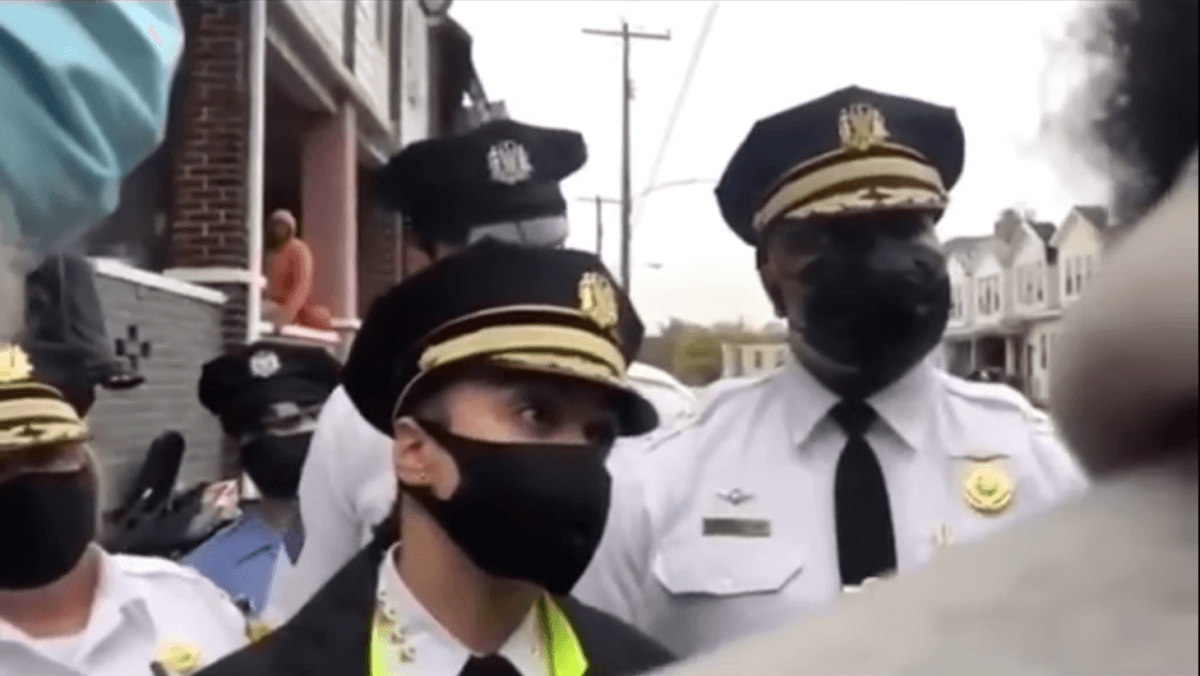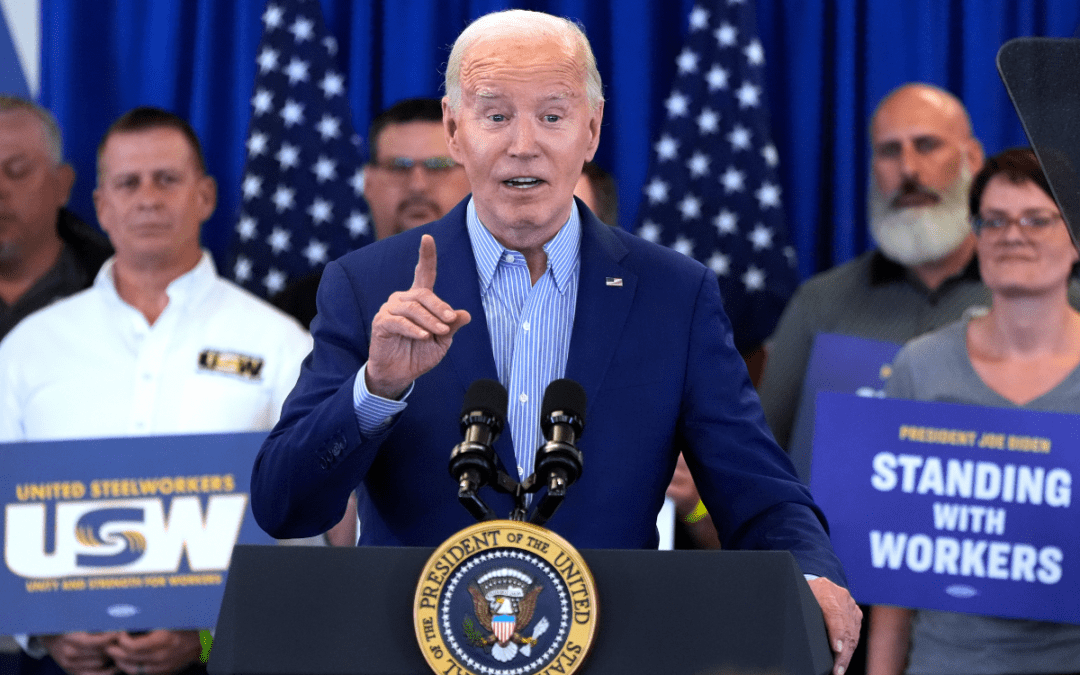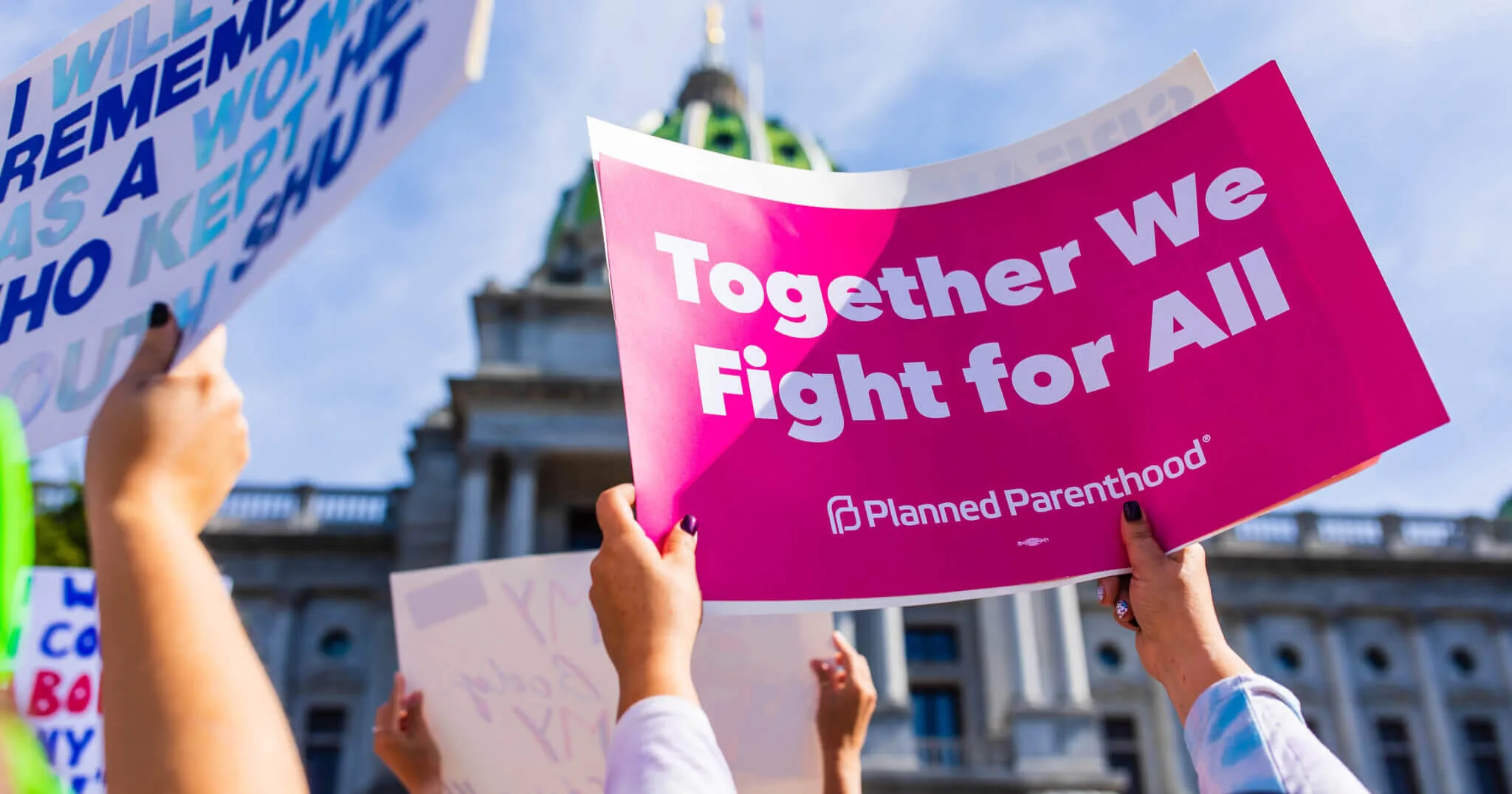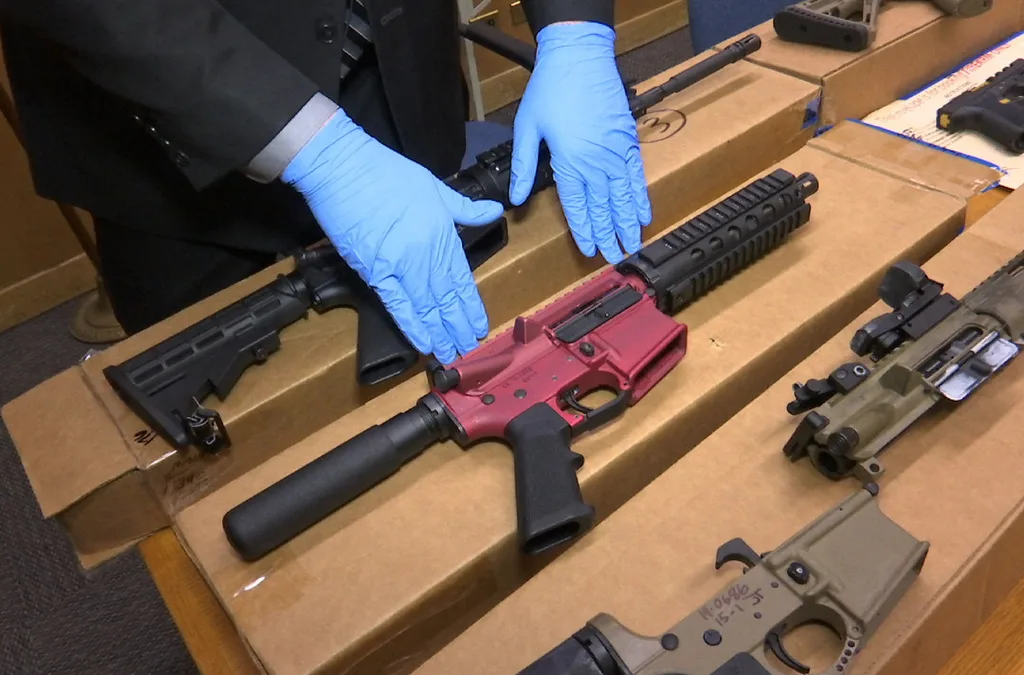
Philadelphia Police Commissioner Danielle Outlaw listens to community members gathered near the site where police shot and killed Walter Wallace Jr. on Monday, Oct. 26, 2020. (Screenshot)
“We don’t have a behavioral health unit, which is sorely needed,” Philadelphia Police Commissioner Danielle Outlaw said. “There’s clearly a disconnect on our end in terms of knowing what’s out there.”
PHILADELPHIA — Philadelphia police pledged to release 911 tapes and police body camera footage “in the near future” in the police shooting of Walter Wallace Jr., a young Black man who was struggling with a mental health crisis.
Police Commissioner Danielle Outlaw said Wednesday that the department will release the video evidence after it shares it with the family of Walter Wallace Jr. Outlaw, who came to Philadelphia less than a year ago from Portland, Oregon, lamented at a news conference that her department lacks a mental health unit or consistent way to coordinate police calls with specialists.
“We don’t have a behavioral health unit, which is sorely needed,” said Outlaw, when asked about reports that police had been called to the home twice before that day. “There’s clearly a disconnect on our end in terms of knowing what’s out there “ at the scene.
Outlaw and Mayor Jim Kenney pledged to address the lack of coordinated mental health services in the city.
“We have limited resources and we have a large number of people with problems,” Kenney said. “We need to do a better job.”
Wallace’s death prompted marches, community meetings, and protests across the city, which has a long history of police racism and brutality.
More than 90 people were arrested and about 50 police officers were injured in clashes between police and protesters on Monday and Tuesday. The city established a curfew from 9 p.m. Wednesday to 6 a.m. Thursday.
Gov. Tom Wolf has mobilized the National Guard at the request of city officials, and Guardsmen are expected to arrive Friday and Saturday.
Protests over Wallace’s death have spread beyond Philadelphia into Washington, DC; Brooklyn, New York; and Portland, Oregon.
READ MORE: Philadelphia Police Killed Another Young Black Man—This Time in Front of His Mother
Police fatally shot Wallace, 27, in the middle of the street around 4 p.m. Monday, after he ignored orders to drop a knife.
Shaka Johnson, a lawyer representing Wallace’s family, told reporters on Tuesday that the Wallace family had called 911 for an ambulance to get Wallace help with his mental health crisis. They did not expect police to come.
Johnson said police knew Wallace was having trouble because officers had been to the home earlier in the day.
“Officers who are properly trained should notice certain things when they arrive at a scene,” Johnson said at a news conference on Tuesday. “Especially when his wife tells you, ‘Stand down, officers, he’s manic bipolar.’”
Wallace’s wife, Dominique, was pregnant at the time Wallace was shot, and scheduled to be induced on Wednesday. Wallace had nine other children.
“When you come to a scene where somebody is in a mental crisis, and the only tool you have to deal with it is a gun … where are the proper tools for the job?” Johnson said, arguing that Philadelphia police officers are not properly trained to handle mental health crises.
Data show that police officers across the country are failing to properly respond to calls that require mental health assistance.
While 18.8% of adults in the US are living with some type of mental illness, those adults represent 25% to 50% of the people killed in police shootings.
Studies have shown that Black men are 2.5 times more likely than white men to be shot and killed by police. And the likelihood increases if a Black man has a mental illness.
READ MORE: Walter Wallace Jr.’s Parents Called for Medical Help. Police Showed Up Instead and Killed Him.
Philadelphia police said they could not confirm the number of calls Wallace’s family had placed on Monday, whether the officers who shot Wallace were the same officers who had visited the home earlier in the day, what information the officers had, or whether the officers were told Wallace was in distress.
The officers each fired at least seven rounds—14 shots total—but police could not say how many bullets hit Wallace.
Wallace’s father, Walter Wallace Sr. said Tuesday night that he is haunted by the way his son was “butchered.”
“It’s in my mind. I can’t even sleep at night. I can’t even close my eyes,” he said.
Outlaw said earlier the officers involved in the shooting were taken off street duty as they investigate. She said the department would withhold the officers’ names and other identifying information, including their race, until the department could be sure releasing the information would not pose a threat to the officers’ safety.
Neither had a Taser or similar device at the time of the shooting, Outlaw said, noting the department had previously asked for funding to equip more officers with those devices.
Outlaw also said a new city program that puts behavioral health specialists in the police dispatch center to help identify calls that require mental health assistance only operates during limited hours, and a counselor was not in the dispatch center when Wallace’s family called on Monday.
Politics

Biden announces tariffs on Chinese Steel while visiting United Steelworkers members
“I'm president because of you guys. I really am and I'm proud. As was mentioned earlier, I'm proud to be the most pro-union president in American...

Opinion: Is Reproductive Healthcare just a women’s issue?
In this op-ed, Pennsylvania resident Lynn Strauss discusses the Republican Party’s conflicting stance on reproductive healthcare policy and the...

2 top US gun parts makers agree to temporarily halt sales in Pennsylvania
Philadelphia filed suit against Polymer80 and JSD Supply last year, accusing the manufacturers of perpetuating gun violence by manufacturing ghost...
Local News

Conjoined twins from Berks County die at age 62
Conjoined twins Lori and George Schappell, who pursued separate careers, interests and relationships during lives that defied medical expectations,...

Railroad agrees to $600 million settlement for fiery Ohio derailment, residents fear it’s not enough
Norfolk Southern has agreed to pay $600 million in a class-action lawsuit settlement for a fiery train derailment in February 2023 in eastern Ohio,...





